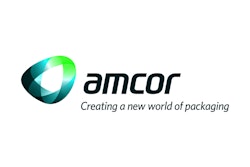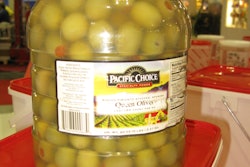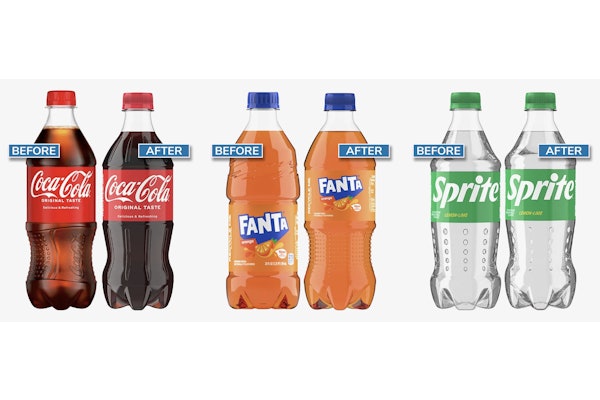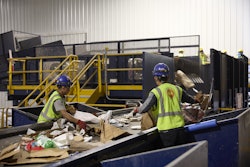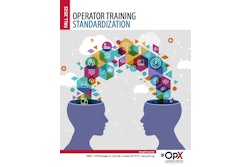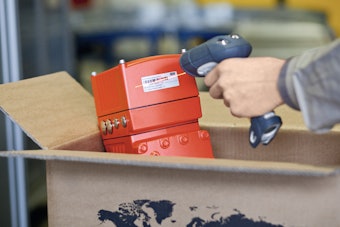The multi-million-dollar expansion at production facilities in Batavia, IL, Fort Worth, TX, and Brampton, Ontario, also enables Amcor to shift its manufacturing footprint closer to key customers to deliver key sustainability advantages including improved logistics and reduced transportation costs.
The new capacity is primarily for production of multilayer polypropylene (PP) containers – a product line acquired in August 2010 from Ball Plastics Packaging Americas - along with HDPE containers with PCR content for personal care and household uses. “Since the acquisition, we’ve taken a business rich in know-how and innovative technology to a new level,” said Laurel Spencer, Vice President of marketing for Amcor Rigid Plastics North America, Diversified Products. “Our strategy is to invest in new manufacturing to support growth in leading markets while meeting the needs of our customers in these key regions.”
Amcor’s proprietary Gamma multilayer PP technology fulfills high barrier and high-temperature requirements for applications such as salsa, barbecue sauce, ketchup, syrup, and liquid infant formula. Spencer points specifically to strong growth for multilayer PP barrier packaging for food and nutritional supplements along with handleware food packaging for the club store market segment.
By leveraging its broad manufacturing footprint, Amcor is able to deliver a more sustainable product offering that creates value for the customer by minimizing logistics costs and reducing carbon footprint, according to Spencer. Amcor has added 30 positions across the three facilities in this multi-million-dollar investment which also includes new production machinery and equipment.
As part of its growth strategy in the food segment, Amcor also recently added heat-set PET capacity (stretch blow molding) at its Wytheville, VA facility to serve regional food customers.
The North American plants of Amcor Rigid Plastics are fully accredited by HACCP (Hazard Analysis and Critical Control Points), an international program which systematically uses seven principles for analyzing a food process and determining the possible chemical, physical, and biological hazards within that process. In order to ensure the highest possible level of quality and food safety for customers, Amcor has embarked on an 18-month project to certify its quality systems under the GFSI benchmarked standard. The GFSI standards are a comprehensive global benchmark for ensuring the security of the entire supply chain. Amcor is fully committed to completing the certification at all 30 North American plants by the end of calendar year 2012.



